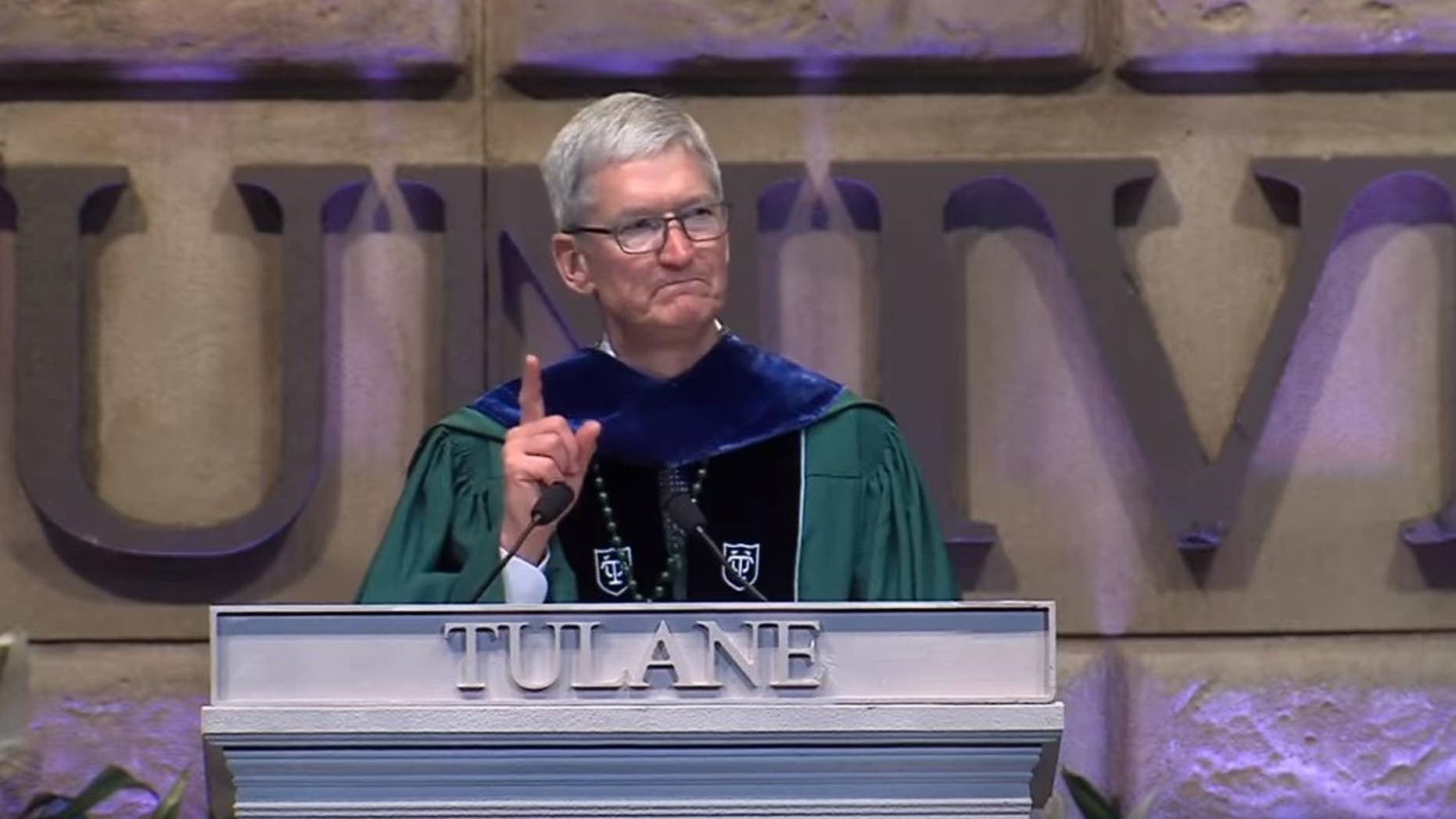
A logger cuts a vast fir tree in a Umpqua National Forest nearby Oakridge, Ore. Federal land managers are proposing a unconditional order change that could enhance blurb logging on Forest Service land.
Don Ryan/AP
hide caption
toggle caption
Don Ryan/AP
A logger cuts a vast fir tree in a Umpqua National Forest nearby Oakridge, Ore. Federal land managers are proposing a unconditional order change that could enhance blurb logging on Forest Service land.
Don Ryan/AP
Federal land managers on Wednesday will introduce unconditional order changes to a landmark environmental law that would concede them to fast-track certain timberland government projects, including logging and prescribed burning.
The U.S. Forest Service, underneath Chief Vicki Christiansen, is proposing revisions to a National Environmental Policy Act that could extent environmental examination and open submit on projects trimming from timberland health and wildfire slackening to infrastructure upgrades to blurb logging on sovereign land.
“We do some-more research than we need, we take some-more time than we need and we delayed down critical work to strengthen communities,” Christiansen told NPR.
The due order changes embody an enlargement of “categorical exclusions.” These are mostly billed as collection that give land managers a option to bypass full-blown environmental studies in places where they can denote there would be no serious impacts or plunge to a land.

U.S. Forest Service Chief Vicki Christiansen, shown in her bureau in Washington, D.C., says a due order changes are about efficiency, not shortcuts.
Shuran Huang/NPR
hide caption
toggle caption
Shuran Huang/NPR
U.S. Forest Service Chief Vicki Christiansen, shown in her bureau in Washington, D.C., says a due order changes are about efficiency, not shortcuts.
Shuran Huang/NPR
On average, according to Christiansen, it can take projects like these tighten to 700 days to approve. She predicts that time could be cut by some-more than half if a order changes pierce forward.
“Let me be transparent that a Forest Service will continue to broach high quality, science-based analysis,” she said. “We’re proposing some-more efficiency, not shortcutting, in fact, [we’re] enhancing where we can, open involvement.”
Federal agencies have prolonged complained of “analysis paralysis” when it comes to removing vast landscape-scale projects approved. Policymakers frequently rebuke what they call whimsical lawsuits by litigious-minded environmental groups who use a courts to try to stop logging on open land.
According to a government’s possess research — a final finished in 2010 during a Obama administration — fewer than one-fifth of all joist and timberland projects are appealed by adults or environmental groups though. A bigger holdup is bill cuts, quite in a Forest Service, where income has been diverted divided from wildlife, medium and forestry programs to compensate for a skyrocketing costs of wildfire suppression.
The order changes are theme to a 60-day open criticism period. Barring litigation, that is expected, a Forest Service hopes to finalize them by summer of subsequent year.
This is a building story and will be updated.































